Buckle up, folks! The gasoline shortage has hit Tijuana, Tecate, and Rosarito, and it’s not pretty. Carlos Roberto Rubio Arreola, …
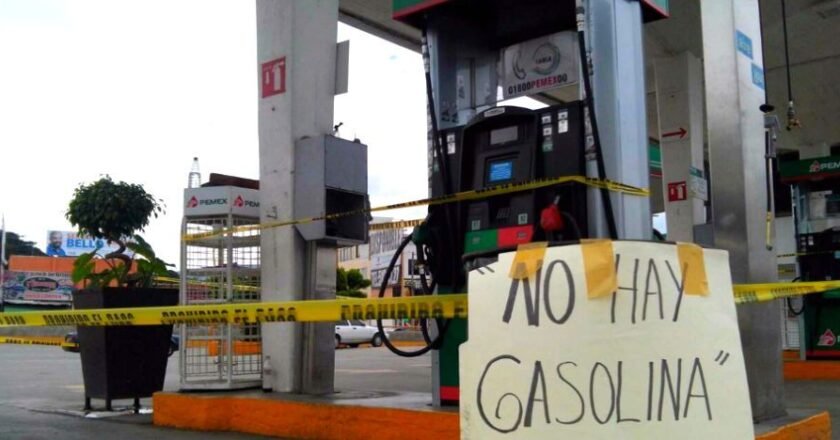

Buckle up, folks! The gasoline shortage has hit Tijuana, Tecate, and Rosarito, and it’s not pretty. Carlos Roberto Rubio Arreola, …

Mexican authorities continue to make strides in their fight against drug trafficking, as they recently announced the dismantling of another …

The Secretary of Economic Development of Tijuana (Sedeti), Alejandro Mungaray, has stated that the recent bankruptcy of several banks in …
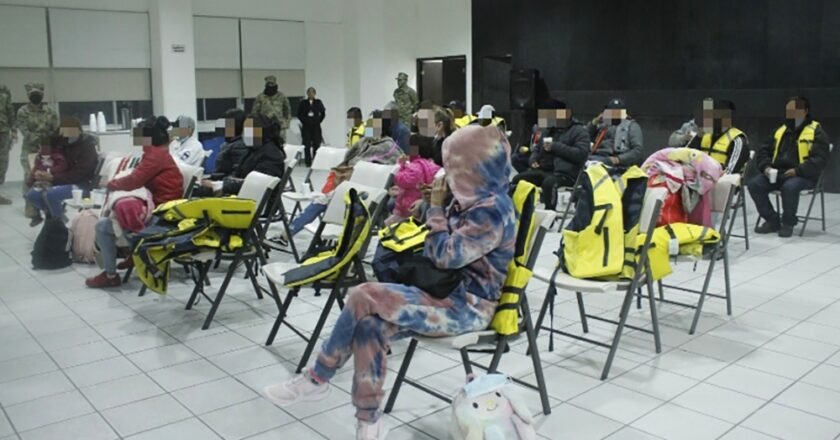
In a daring rescue operation, 24 Mexican individuals were saved from a drifting boat off the coast of Playas de …
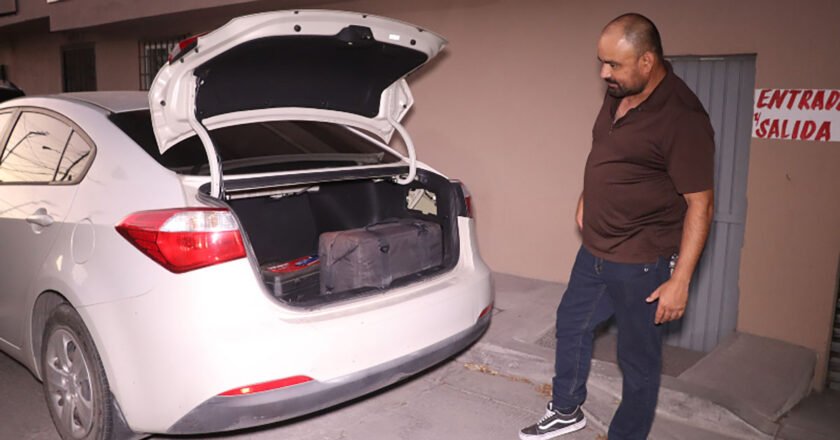
Cesar is one of the many employees who work in San Diego but live in Tijuana, and who almost got …
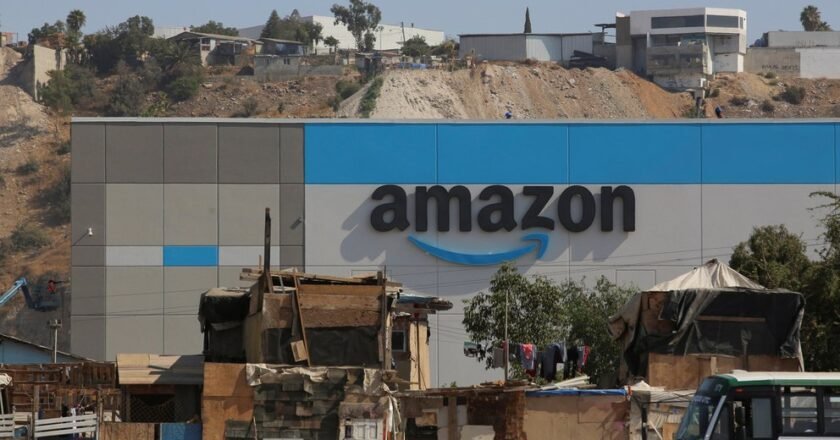
So, as you may have heard, Amazon has built a 344,000 square foot warehouse distribution center in the heart of …
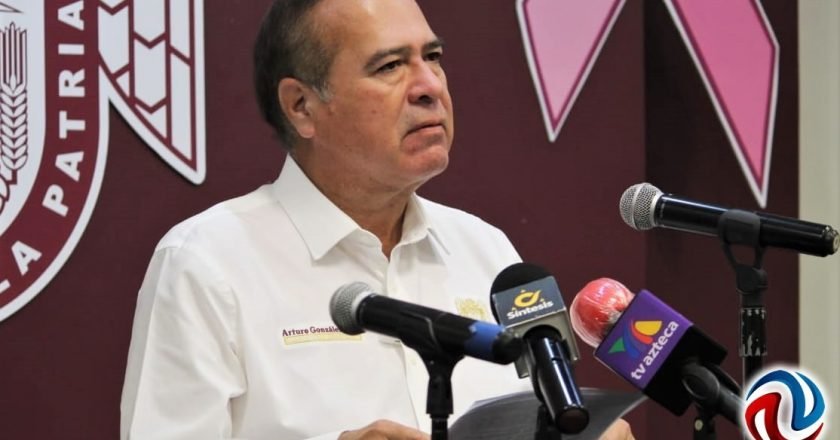
Arturo Gonzalez, mayor of Tijuana, surprisingly announced that he had submitted a leave of absence effective next Wednesday because he …
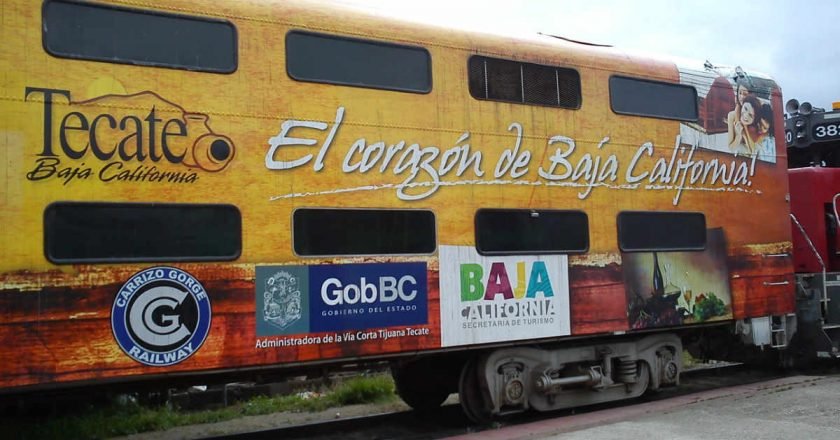
Mario Escobedo, head of the state economy and tourism office, said that the Tijuana-Tecate passenger train is already on the …

BY JACKIE BARSHAK “Build That Park” organizers launched a 12-month long public education and design development campaign to raise awareness …
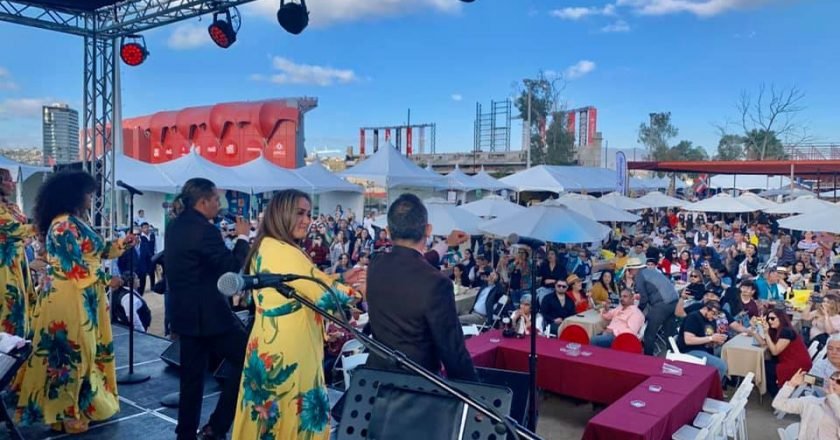
Hospitality, good music, flavorings, and gastronomy defined the first edition of Sabor a Tijuana, where 25 international chefs participated and …